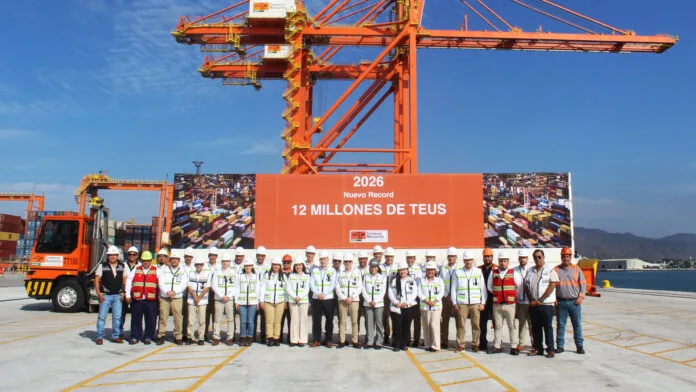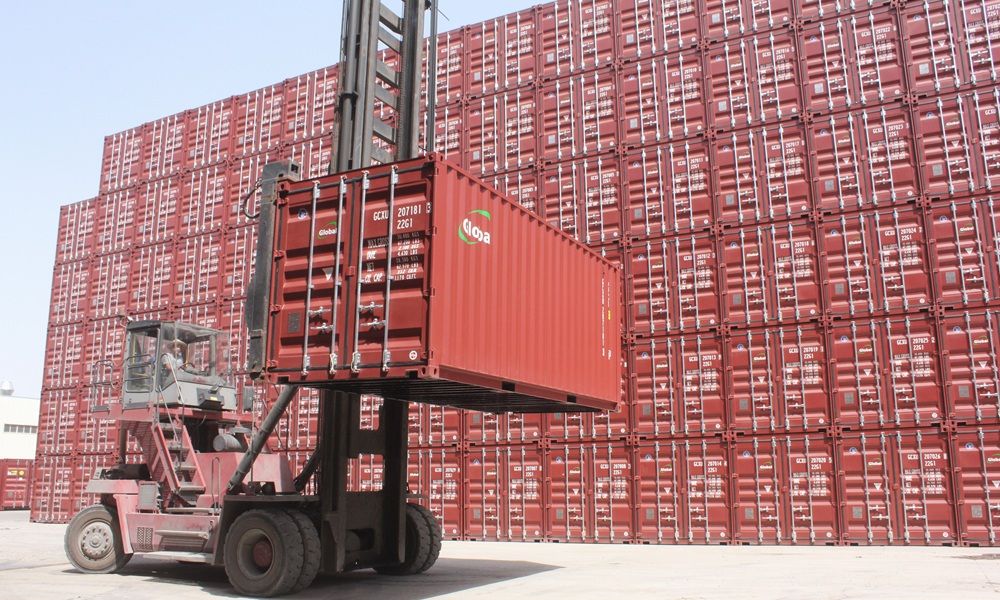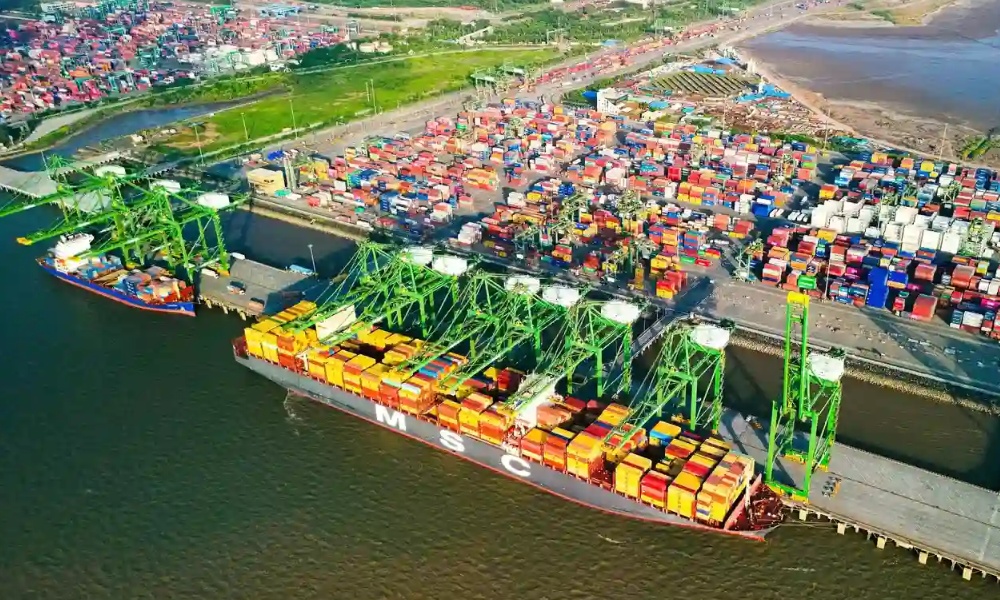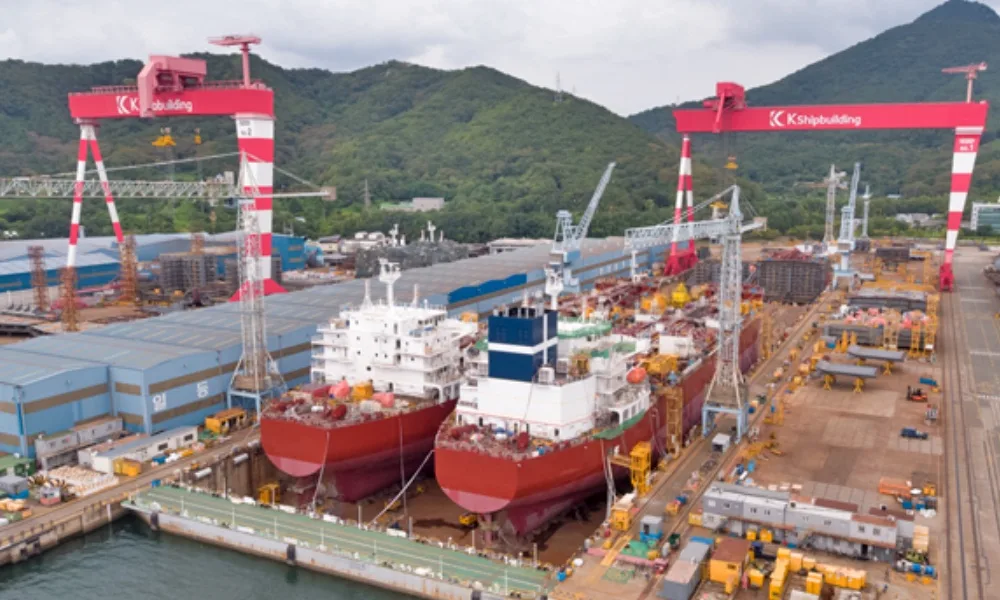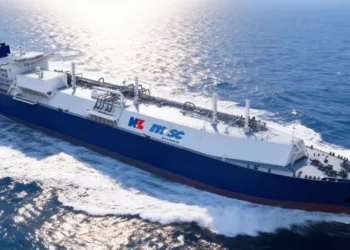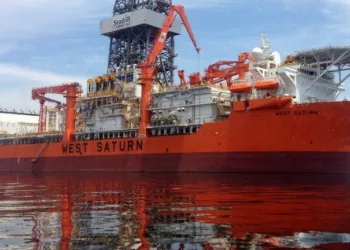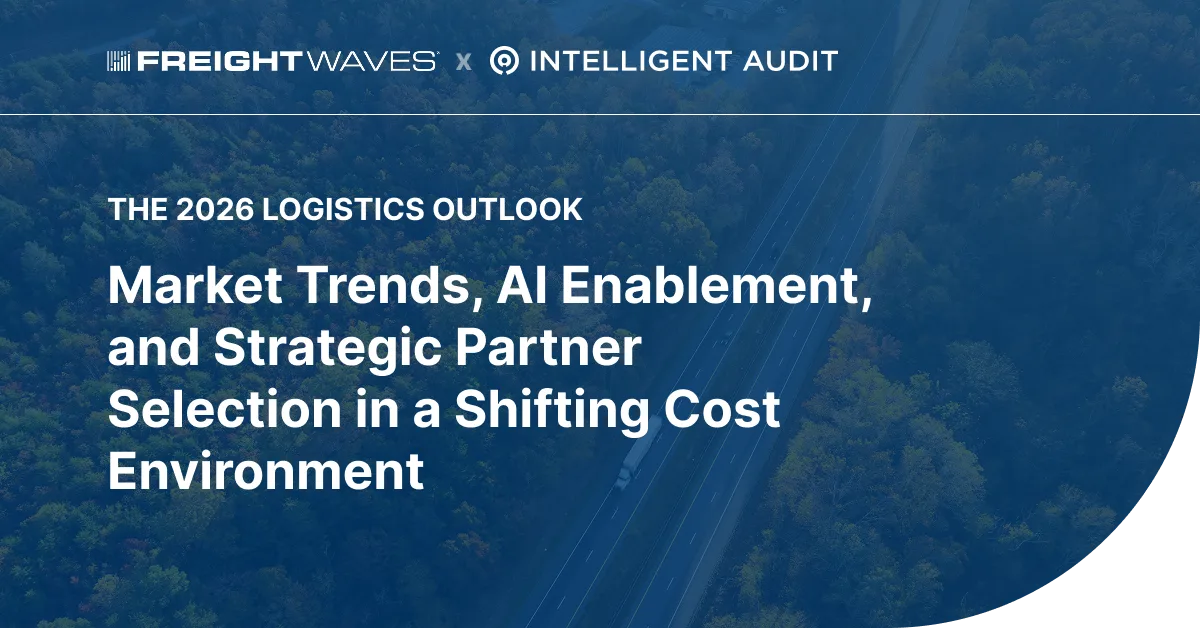SpecTec chief executive Adam Dennett says shipping’s next big digital breakthrough won’t come from new tools, but from getting existing systems to work together.
Founded in Norway in 1985 and now based in Limassol, SpecTec develops the long-running AMOS vessel management software. Dennett believes the next 12 months will be defined by progress in system integration and data interoperability.
“Technology is siloed within the industry and data exists within multiple systems which are not integrated or talking to each other,” he notes. “There’s a huge opportunity in getting that interoperability part right. It would create real visibility across the shipping supply and value chain.”
Dennett says that the goal will require both cooperation and clear regulatory backing. “Networks need to agree standardisation and a format of data that can drive the necessary reporting and functionality. And regulators must support and acknowledge the standards developed as industry benchmarks,” he explains.
He believes the industry’s competitive instincts have slowed progress. “A lot of organisations strive to be the best rather than striving to create widespread industry best practice. At SpecTec, we fundamentally believe the pie is big enough to share,” Dennett says.
Artificial intelligence is another key area for the company. “Once you have standardisation of data it facilitates intelligent decision making, where the system does the hard work,” he says. “That means connecting maintenance systems with voyage data to enable predictive planning, lower costs and higher safety.”
Dennett said SpecTec uses AI in three ways: through predictive algorithms that enhance products, a proactive model of customer support, and an AI-first approach to speed up development. “For example, we can simulate a component failure within an engine and how it might roll out across a fleet,” he explains. “That helps us understand the best way to mitigate issues and save significant downtime.”
Shipping’s risk aversion remains, but attitudes are shifting. “Owners and operators want to understand the ROI, but smaller fleets are more willing to trial solutions and accept that it may not be perfect from the start,” Dennett states.
SpecTec’s culture is shaped by its parent company Omegro, part of Canada’s Constellation Software group, giving it access to cross-industry innovation. The company has just launched AMOS-X, its next-generation asset management platform combining maintenance, inventory and procurement in a single system.
“Technology should do the heavy lifting,” Dennett asserts. “But it must also be human-first—easy for crews to use, familiar, and integrated into daily life. That’s how you create a culture on board where technology and people work together.”




